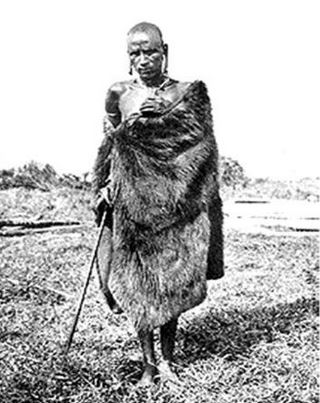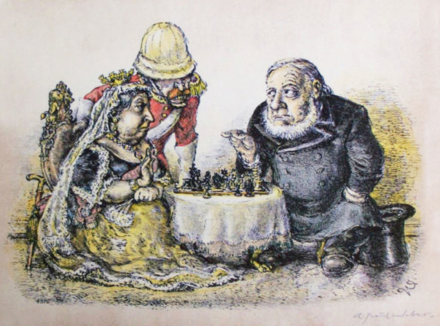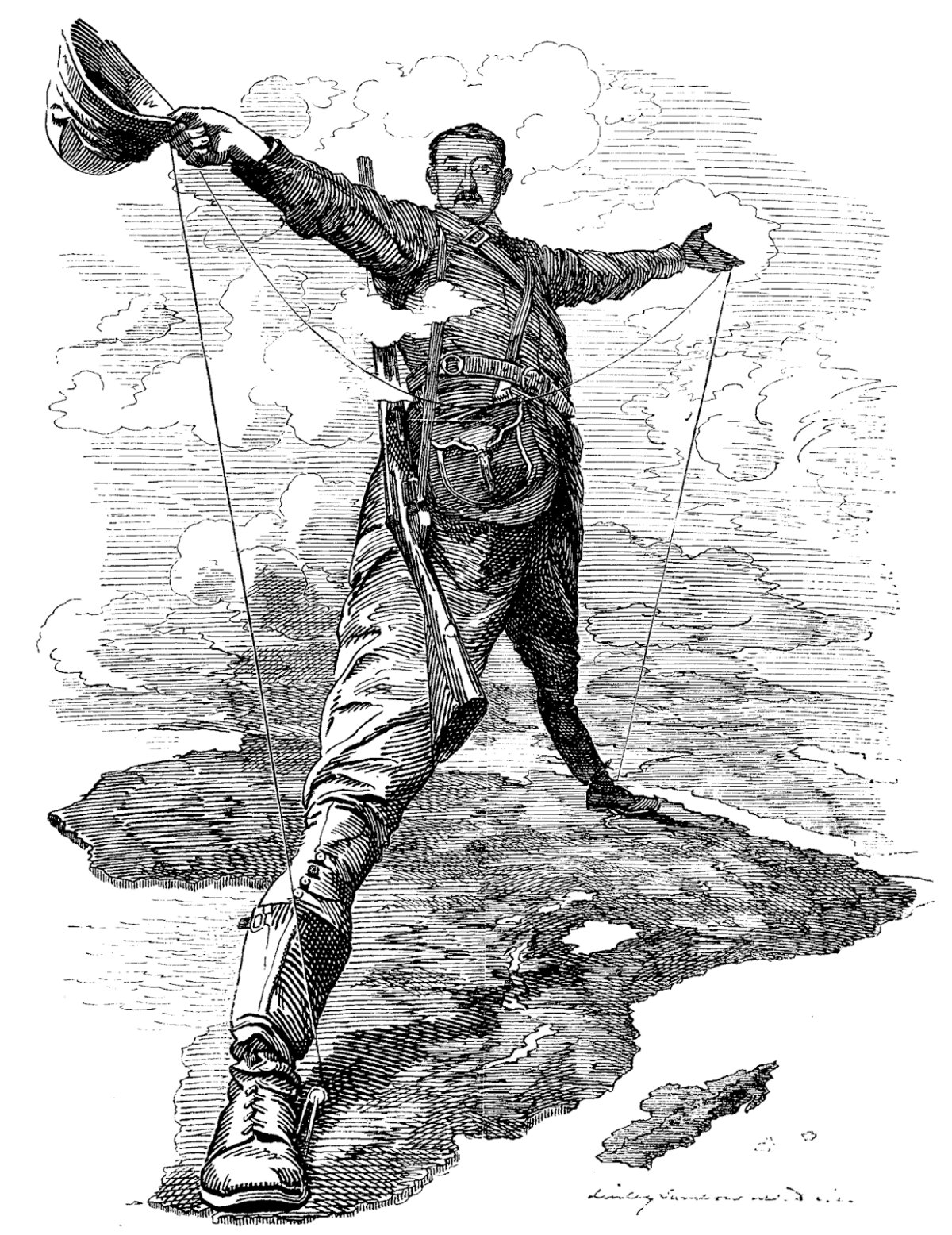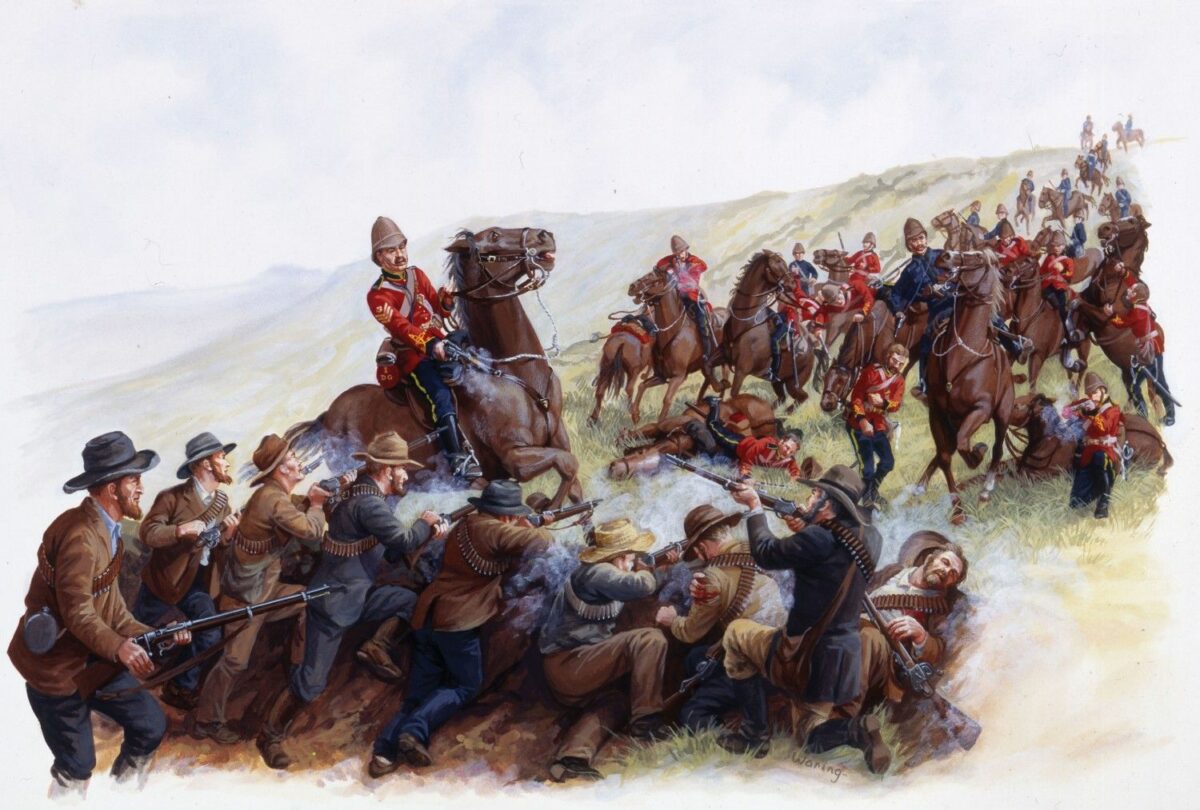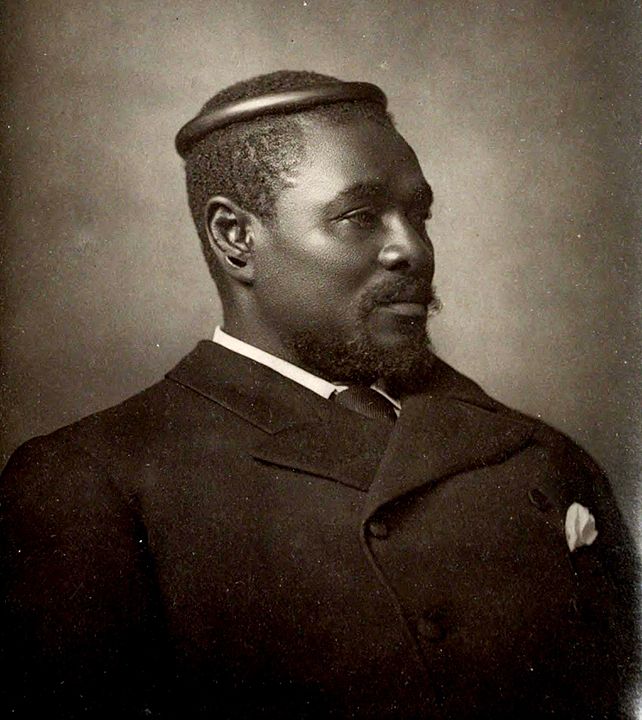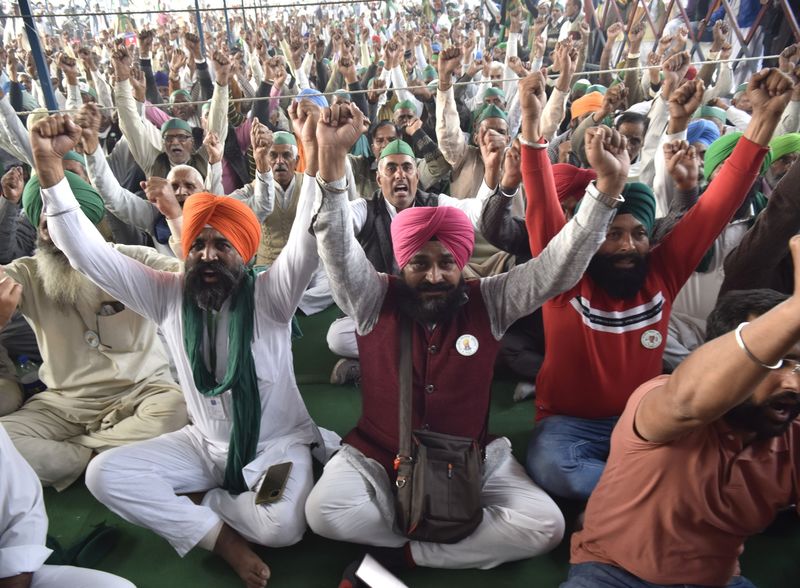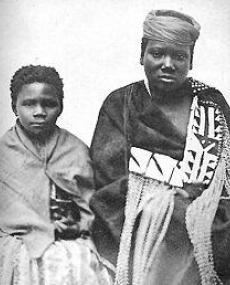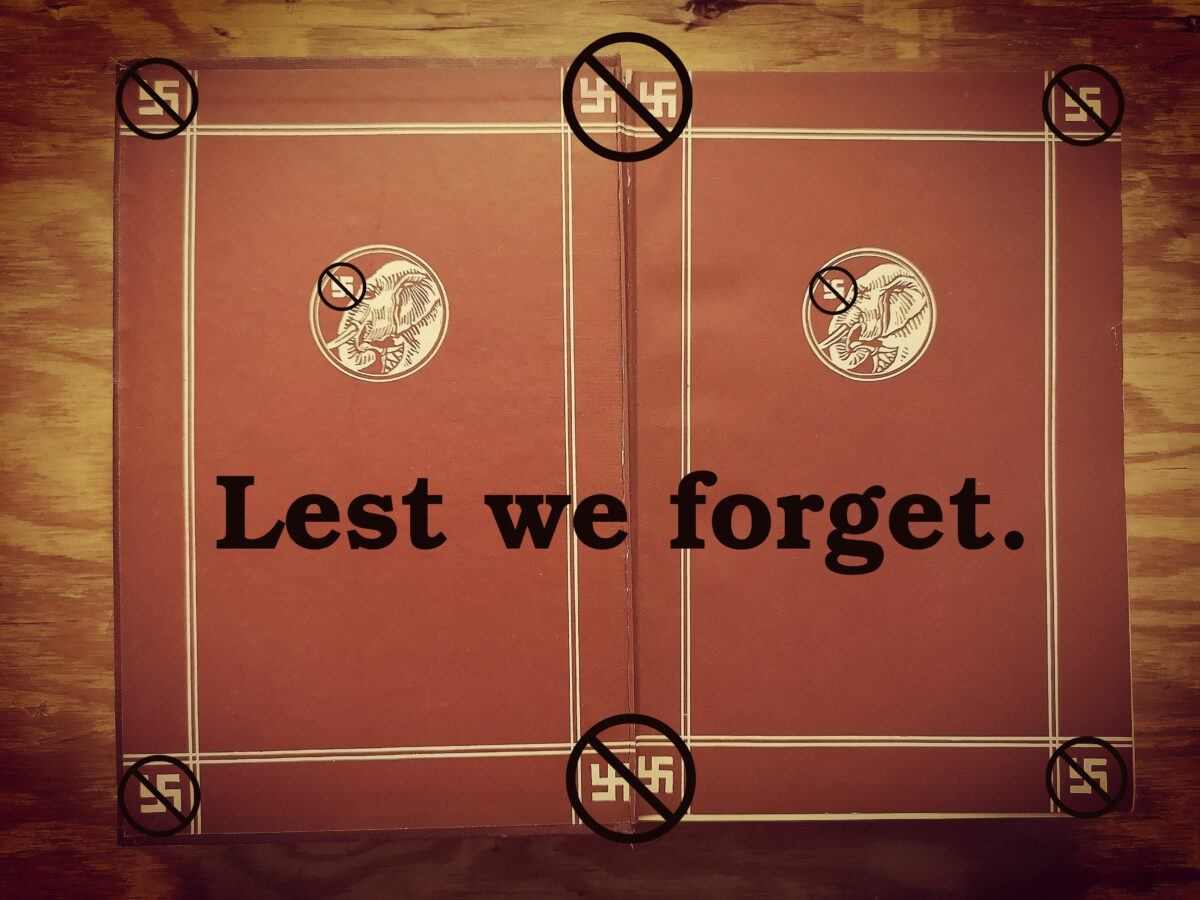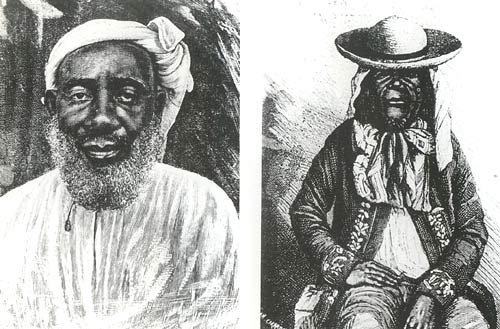From the Imperial British East Africa Company to the British East Africa Protectorate, we trace the missionary mischief that led to the British taking Uganda and the many wars (called “expeditions”) that led to the British taking Kenya. In the process you’ll meet Mwanga of Buganda, Kabarega of Bunyoro, and the treacherously assassinated Arap Samoei of the Nandi.
Author: Justin Podur
Scramble for Africa 9e: South Africa pt5 – The Boer War 1899-1902
Our fifth and concluding episode on the Scramble in South Africa is on the (Second) Boer War from 1899-1902. We talk about how it started and why, the military details, the concentration camps, the struggle to keep it a “White Man’s War” for fear of a Lincoln showing up, and the implications (it’s clear who won the war, but who won the peace?) As for who lost the peace, the answer is clear – the Africans. How it all happened, in this episode.
AER 101: China and Imperialist Media Strategies with Vijay Prashad
Sooner or later every anti-imperialist is smeared as a “tankie” and this week was Vijay’s turn. First his views were falsified, then he used the word “modernization” in a tweet! So, in this interview, we take a deep dive into debates about “modernization”. Repudiating liberal and colonizer’s attacks on Indigenous societies (which they falsely claim to do in the name of modernization), we talk about nationalist and anticolonial projects that challenge local oppression and feudalism. Are these “modernization”? We conclude with a discussion of the whole strategy of smearing people as “tankies” and why these articles seem to come out every few months (hint: it’s to drive anti-imperialists out of the western left…)
Scramble for Africa 9d: South Africa pt4 – The Hubris of Cecil Rhodes
The Scramble for Africa cannot be encapsulated in the career of any single imperialist, but if it could, that imperialist would be Cecil Rhodes. From the Rhodes Scholarship to the falling statues, Rhodes’s impact is still ubiquitous today. We look at the words and deeds of the exemplar of the Scramble, from his beginnings to the Jameson Raid which made the Boer War inevitable.
Scramble for Africa 9c: South Africa pt3 – The Boers before the War
Continuing the history of the Scramble for South Africa, we talk about the Boers, the Dutch settlers and their attacks on the Africans and then on the British conflicts with them, up to the discovery of diamonds at Kimberley that might just be the event that set off the entire scramble. South Africa’s unbelievable mineral wealth and what it did to British imperial minds; who’s responsible for apartheid; and more, in this episode.
Scramble for Africa 9b: South Africa pt2 – The Zulus from Shaka to Cetshwayo
Part 2 of our series on the Scramble in South Africa takes us back to the Zulu modernizer, Shaka, in the early 19th century, all the way to the end of the Anglo-Zulu War between the British imperialists and the Zulus ruled by Cetshwayo. The land theft and swindling you’ve come to expect from the Scramble for Africa combine here with some sharpening of white supremacist ideology, a lot of which it turns out was developed specifically to find a theory of how and why the British Empire should settle and rule South Africa.
AEP 100: Debriefing the Indian Farmers’ Victory with Navyug Gill
I’m joined by Navyug Gill from William Paterson University to talk about the historic victory of the Indian Farmers who, after demonstrating for a whole year at the cost of 750 lives, succeeded in forcing the repeal of three laws that would have immiserated agriculture in India, done away with the government procurement system, and subjected the entire agricultural system to new levels of instability and volatility. Instead, the farmers stopped the seemingly unstoppable Modi juggernaut. We talk about how they did it and what might come next.
Scramble for Africa 9a: South Africa pt1 – Frontier Wars and Settler-Colonialism
The wealthiest and most powerful state in Africa is South Africa, and its fate has been pivotal to the whole continent. This was no less true during the Scramble for Africa, which is why this series will have multiple episodes on South Africa. In this one, the so called “frontier wars” between the Europeans and the Xhosa; the Cattle Killing Movement; how the Cape Colony fell into British hands, the Boers and the British Empire, the Dutch East India Company, Canada and other analogies…
Lin3r Notes 1: On the racist who wrote “Lest We Forget”
Episode 1 of Dan Freeman Maloy’s series Lin3r Notes. Frequent guest and collaborator Dan Freeman-Maloy (@lin3rnotes on twitter) has a new substack, “Check the Liner Notes” (https://freemanmaloy.substack.com/), and will be podcasting on related topics here on AEP. This episode is about the Canadian / British imperial WWI commemoration, Remembrance Day, and some of the literary objects around it: the poem, In Flanders Fields, the various versions of O Canada, and of course the phrase Lest We Forget, penned by the racist writer Rudyard Kipling. Dan’s newsletter and podcasts will be unraveling how British imperial racists used language – from deception disguised as “plain-speaking”, to co-optation of compassion towards in-group morality, and everything else – to fulfill their objective of, well, world domination. Having taught racism for so long, is a redirection against racism possible for our education system?
Scramble for Africa 8: Belgium Steals Congo
This one is about the precolonial African powers in the Congo – Zanzibar’s representative Tippu Tip, Msiri of Katanga, and a few others (but mainly these two). We talk about their rise in the context of growing European power, and their eventual fall to Belgium – although as you’ll see it wasn’t exactly Belgium, but Leopold II and his British and German allies that made the theft of Congo possible. Another key piece – the centre of the board – falls in the Scramble for Africa.

